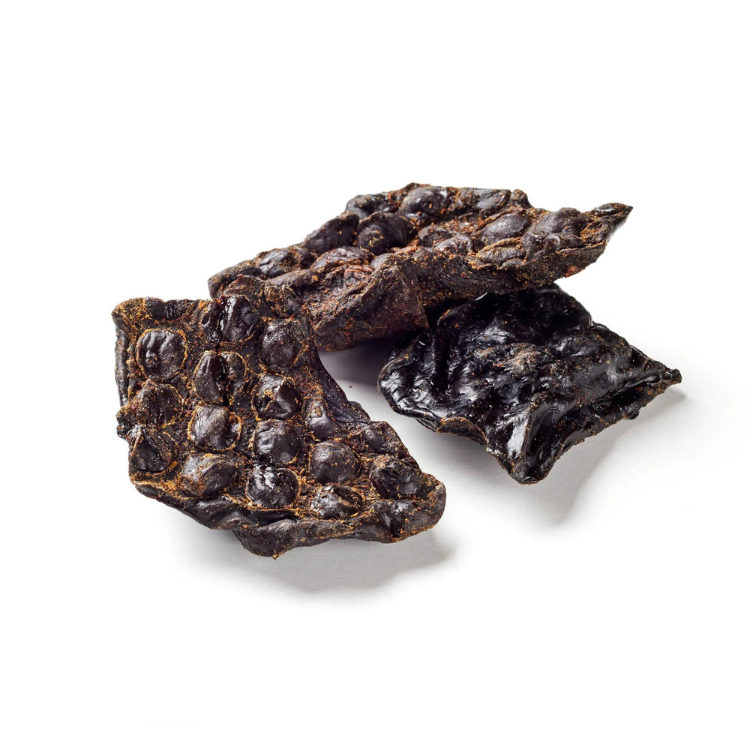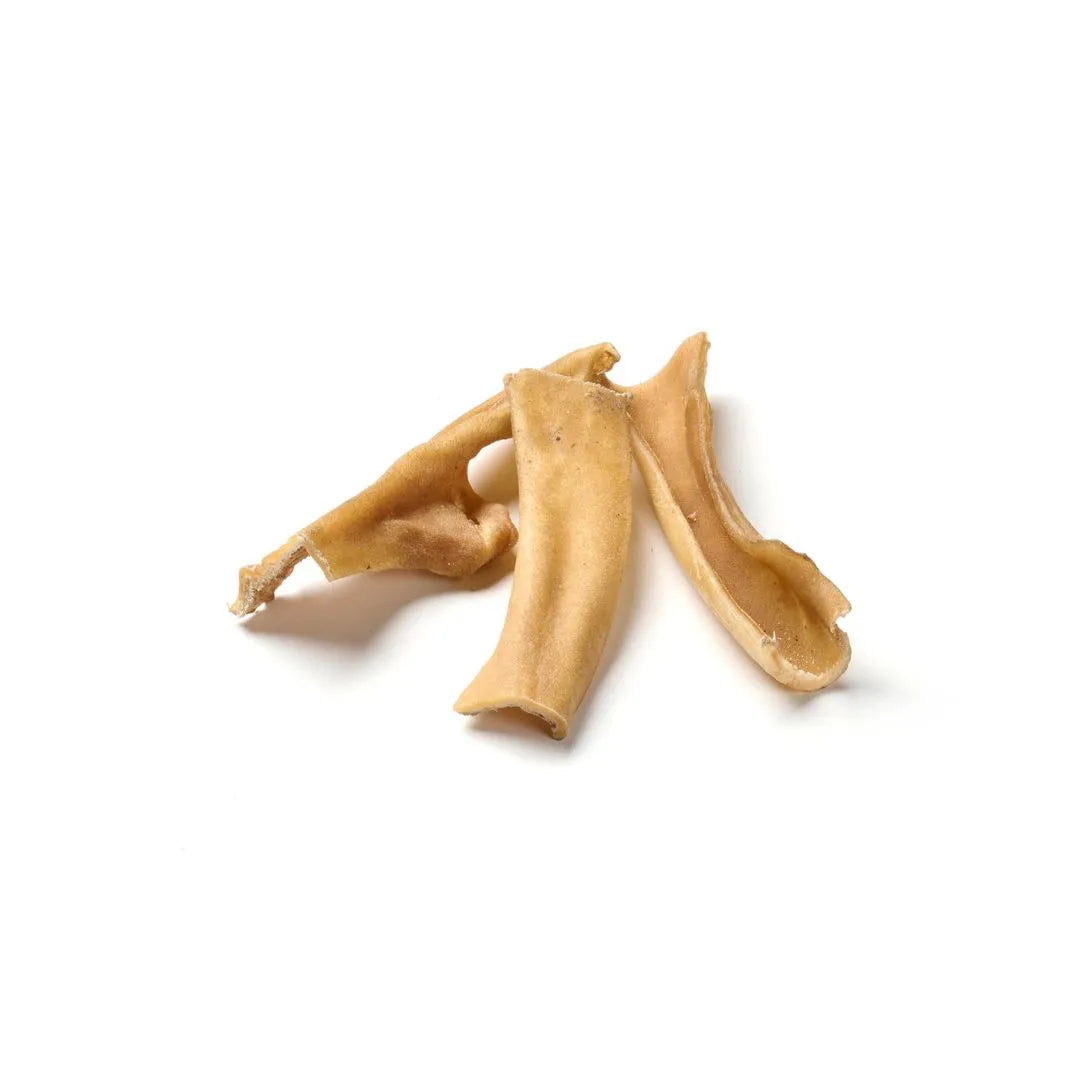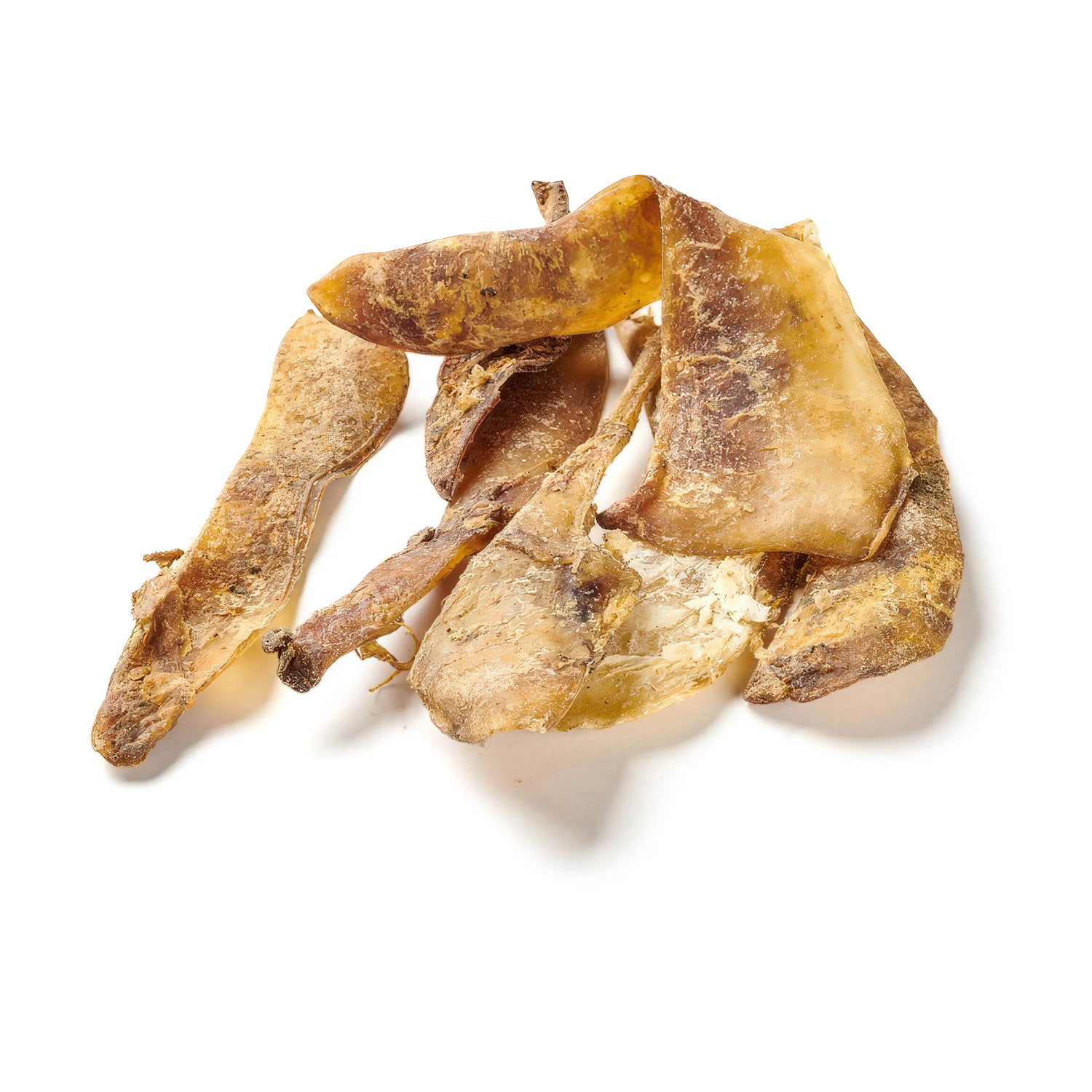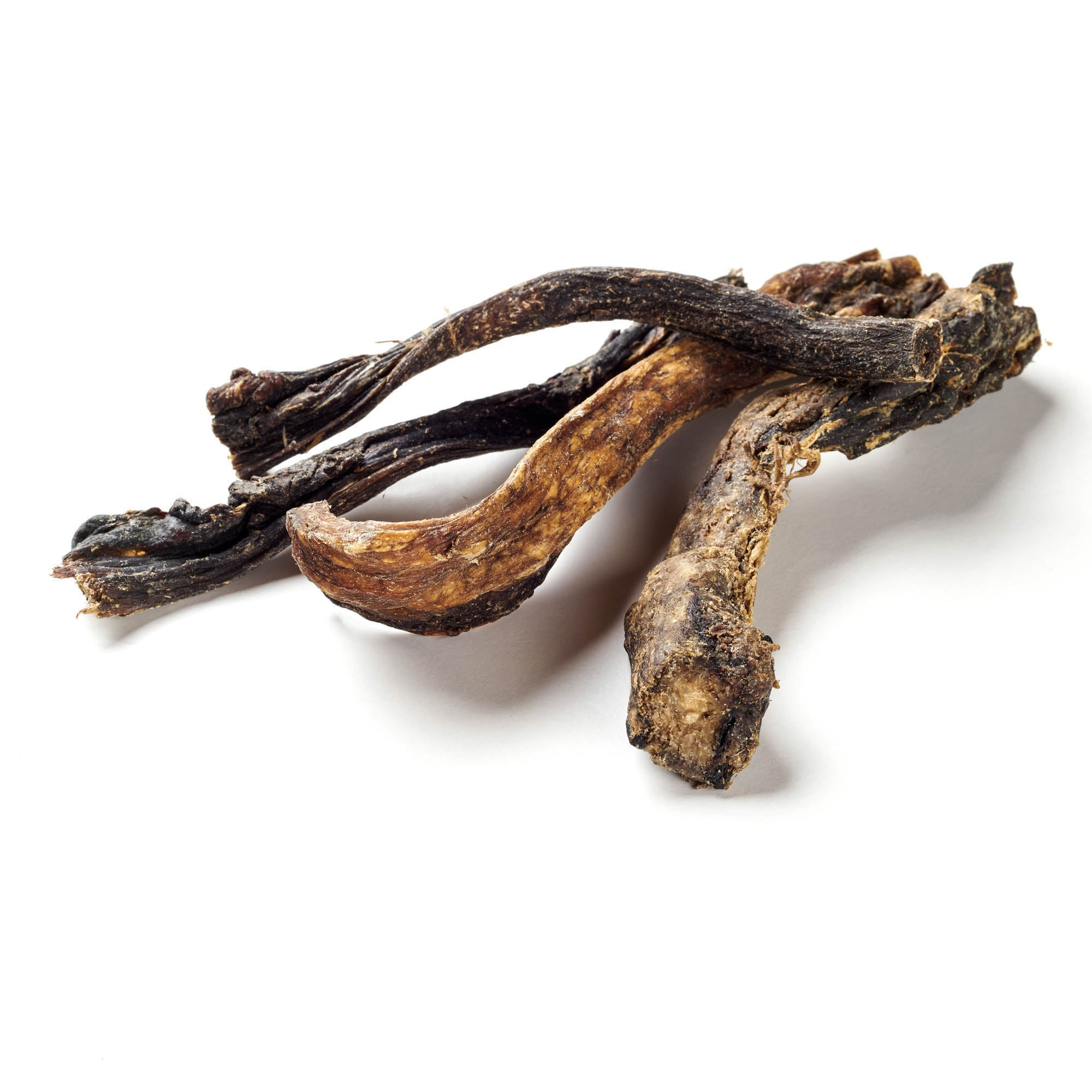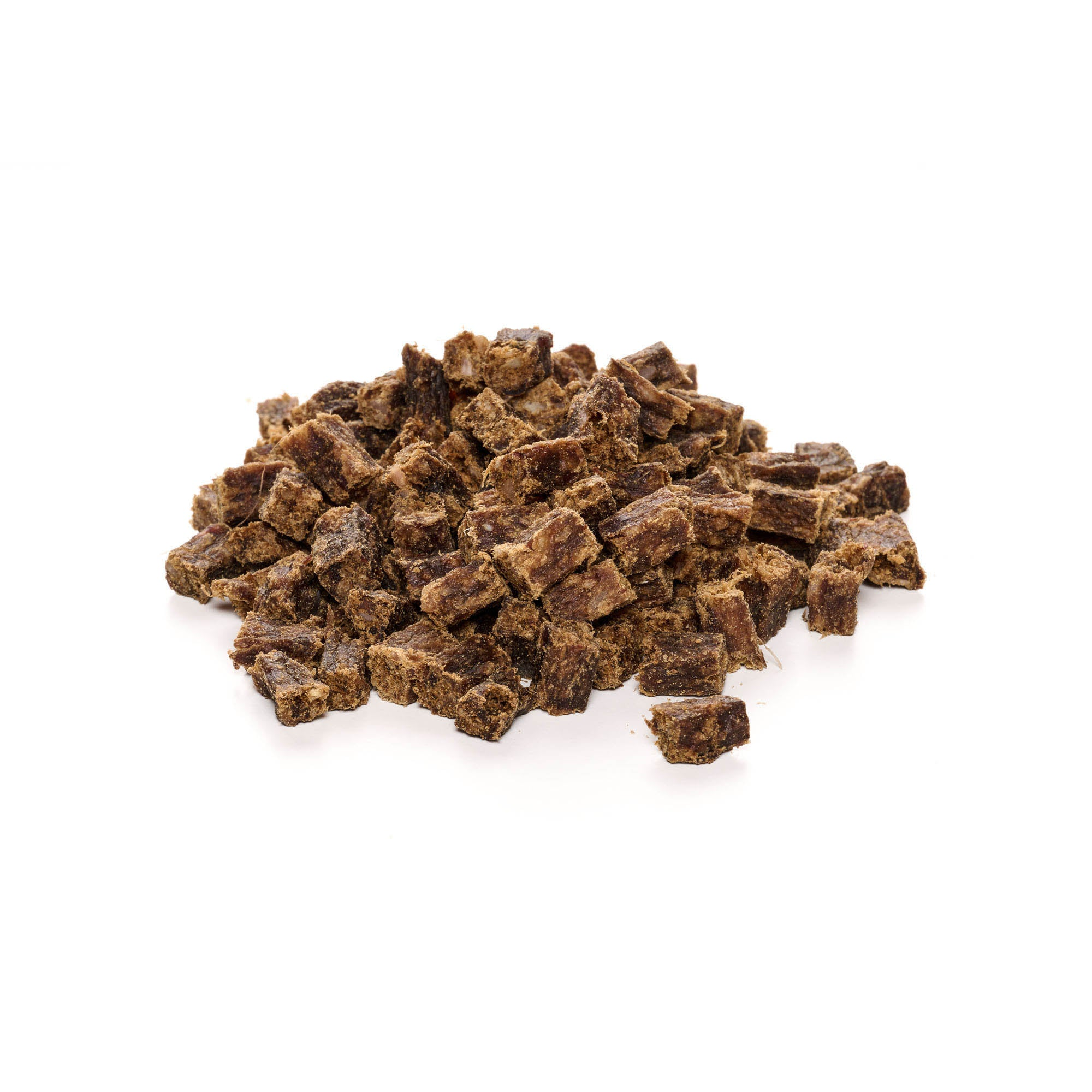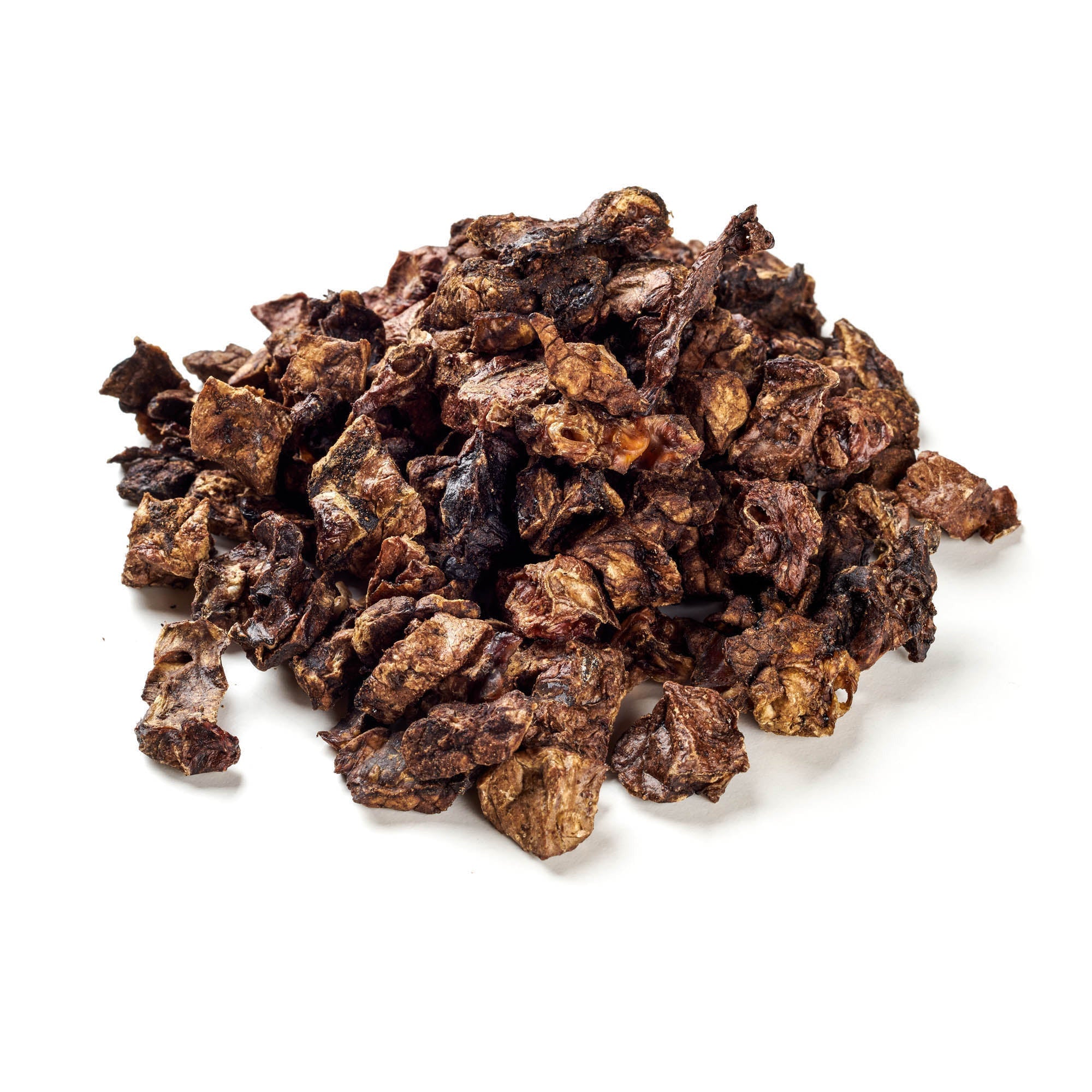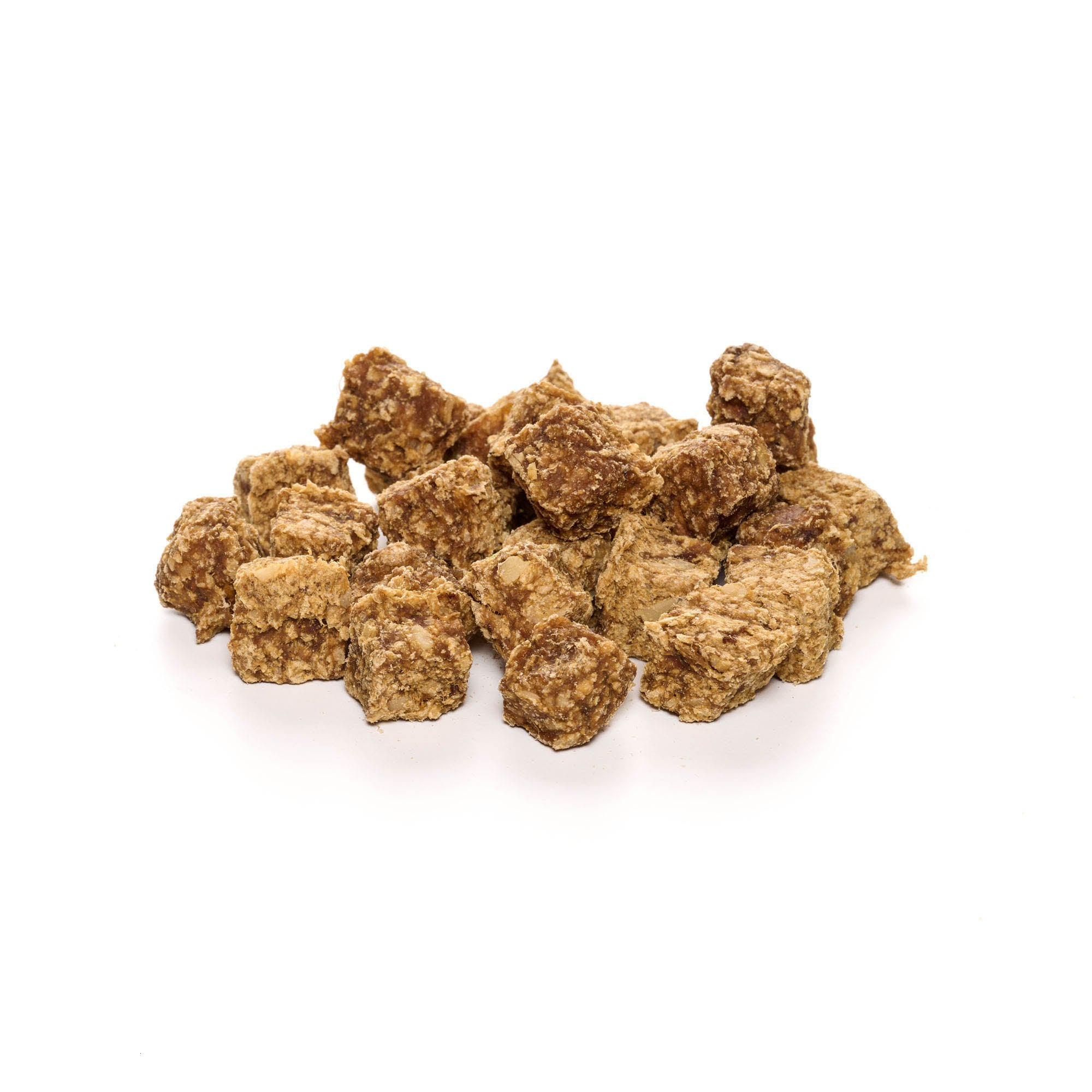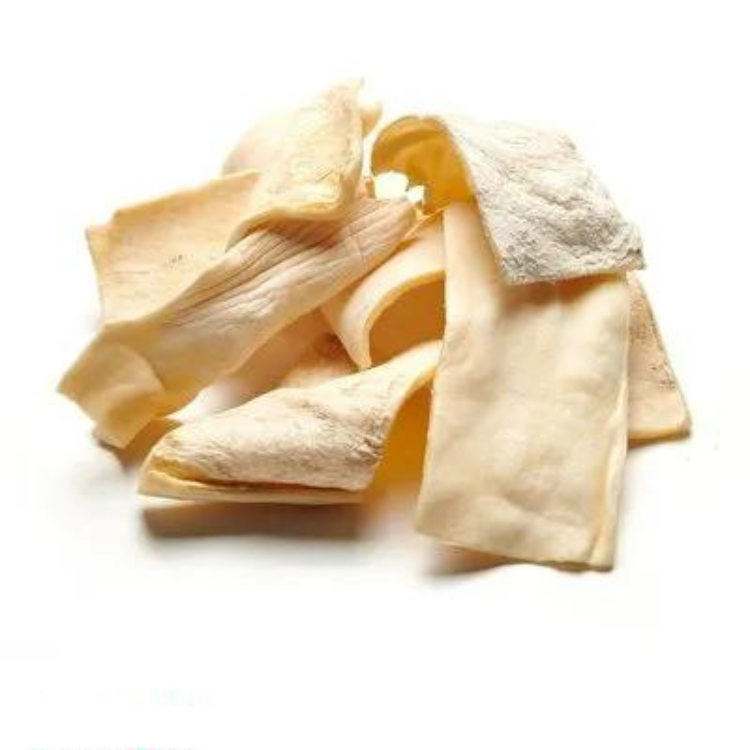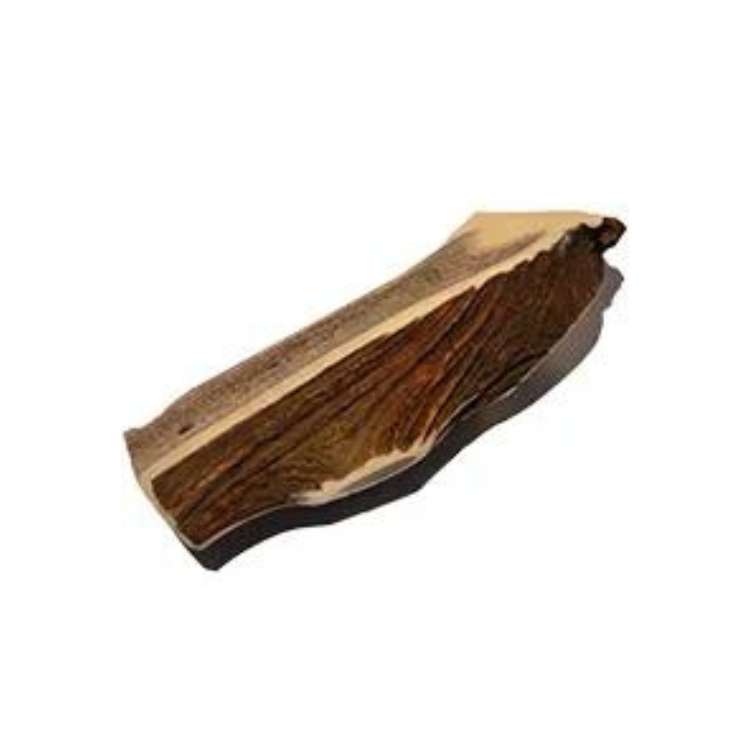
Veal for dogs
Share
Feeding your dog the right diet is crucial to promoting their health and well-being. Many dog owners often turn to tried-and-true meat sources like chicken or beef. But there are lesser-known alternatives that may offer benefits worth considering. Veal, for example, which is often overshadowed by beef, offers specific nutritional benefits that make it a valuable addition to a dog's diet .
In this article, we will take an in-depth look at the various aspects of veal as part of a dog's diet. Not only will we discuss the nutritional benefits and potential drawbacks, but we will also show how veal compares to other types of meat. We will also discuss practical feeding methods and provide tips on how to incorporate veal into your dog's diet. The goal is to provide you with the information you need to make an informed decision about the best diet for your four-legged friend.
Contents: Veal for dogs
- Veal for dogs
- What is veal – difference to beef
- Possible disadvantages of veal
- Benefits of veal
- Alternatives to veal
- Feeding methods and veal products
- Conclusion
Treat your dog to something special with our chew products!
What is veal – difference to beef
Calves are young cattle, typically between three and eight months old. These cattle are often bred specifically for veal production and are fed a diet designed to make the meat particularly tender and flavorful. Compared to conventional beef, which comes from older animals, veal is more tender, has a lighter color and a milder flavor. These distinctive characteristics result not only from the animals' younger age, but also from their special diet and husbandry.
Veal is also nutritionally different from meat from older cattle. It is usually lower in fat and has a higher water content, making the meat lighter and less calorific. Veal is also an excellent source of protein, vitamins such as B vitamins, especially vitamin B12, and minerals such as iron, which are essential for your dog's health. These nutrients are important for supporting growth, blood formation and maintaining nerve health.
The specific way in which calves are raised and fed for veal production means that the meat is not only rich in nutrients but also particularly easy to digest, making it an excellent choice for dogs, especially those with sensitive digestive systems or special dietary needs.
High-quality dog chews for your faithful companion can be found here!
Possible disadvantages of veal
Although veal is rich in nutrients, there are a few things you should consider before including it regularly in your dog's diet. For one thing, veal can be more expensive than other types of meat. For another, there are ethical concerns about the conditions in which the calves are raised. The common practice of separating calves from their mothers early and putting them on a specialized diet to keep the meat light is often criticized. If animal welfare and sustainable farming are important to you, these factors could be crucial.
It is also important to know that veal, like any other type of meat, can cause allergic reactions in your dog , especially if he is particularly sensitive to new proteins. Such allergies can manifest themselves through skin irritations, digestive disorders and other health problems that can affect your dog's well-being.
Benefits of veal
Veal is an excellent source of easily digestible protein and contains all the essential amino acids needed for your dog's health. These amino acids are the building blocks for the formation of muscles, skin and hair and play a central role in many metabolic processes in your dog's body.
Thanks to its low fat content, veal is also a good choice for dogs that are prone to obesity or require a low-fat diet. It offers a healthy alternative to fattier meats such as lamb, pork or duck, without sacrificing essential nutrients. The lower calorie count helps facilitate weight management and can help prevent diseases that are exacerbated by obesity, such as diabetes, heart disease and joint problems.
In addition, veal has antioxidant properties due to its high zinc and selenium content, which can strengthen your dog's immune system. Zinc plays an essential role in wound healing and in the development of skin and coat. Selenium is an important antioxidant that protects cells from damage caused by free radicals and thus contributes to overall health.
Veal therefore offers a balanced combination of essential nutrients that make it an excellent choice for your dog's diet, especially if you are looking for a protein source that is both nutritious and easily digestible.
Alternatives to veal
If veal is not an option for financial or ethical reasons, there are many other protein sources with similar nutritional benefits. Chicken and turkey are popular because of their availability and lower price, and are rich in protein and important vitamins.
Lamb is also a good alternative as it is rich in protein as well as iron and zinc, which support the immune system and skin and coat health. As an alternative to meat, fish is also an excellent choice and provides a good source of omega-3 fatty acids and easily digestible protein, ideal for dogs who require a hypoallergenic diet.
For dogs with special dietary needs or allergies, alternative protein sources such as buffalo or camel can be a good choice. These meats tend to be less allergenic and also offer a taste that many dogs particularly enjoy. Buffalo meat is not only high in protein, but also contains less fat than many conventional meats, while camel meat is known for its high iron content and is often well tolerated by dogs who are sensitive to other proteins.
Feeding methods and veal products
Veal is versatile and fits well into your dog's BARF diet , regardless of their individual preferences and nutritional needs. It can be cooked fresh, steamed or braised to preserve nutrients and facilitate digestion. Veal as part of a BARF plan offers a natural diet that includes raw meat, bones and organs and mimics the diet of your dog's wild ancestors, supporting their chewing instinct and nutrient absorption.
In addition, veal chews are an excellent supplement that not only promotes chewing fun but also contributes to your dog's dental hygiene . These often snacks are tasty and help reduce plaque and tartar. They are also low in calories, making them a useful supplement for your dog's weight control.
With these diverse feeding options and veal products, you can enrich and vary your dog's diet.
Conclusion
Veal offers numerous benefits to your dog's diet as a nutrient-rich source of protein. While it may be more expensive, the health benefits it brings are significant. By choosing ethically sourced veal and paying attention to your dog's specific needs, you can effectively incorporate it into his diet. However, it is advisable to consult a veterinarian when making any significant changes to your dog's diet to ensure all nutritional requirements are correctly met.
Delicious dog snacks for pure enjoyment are available from us!

